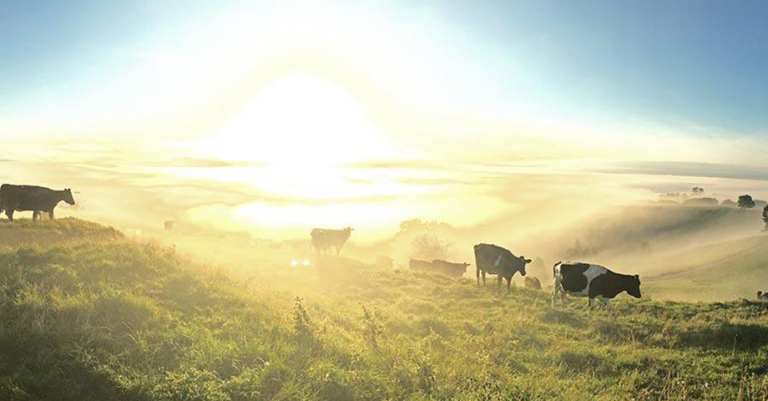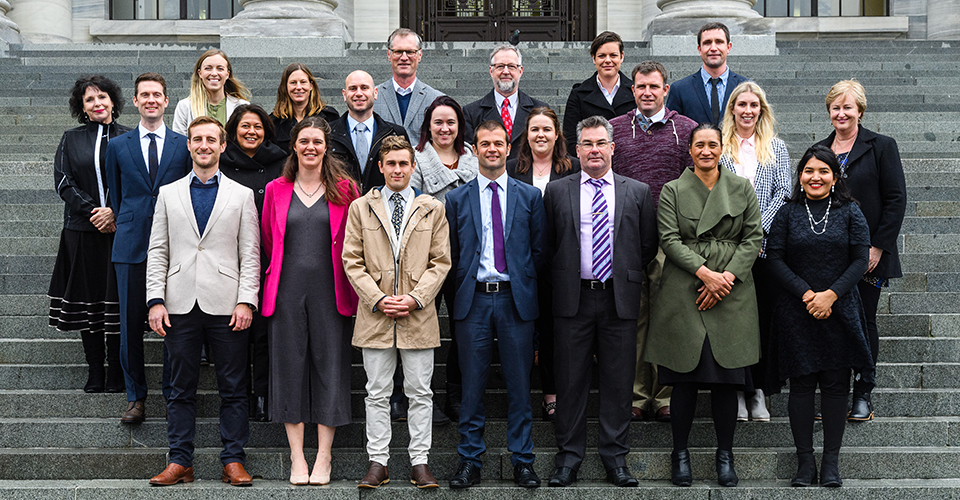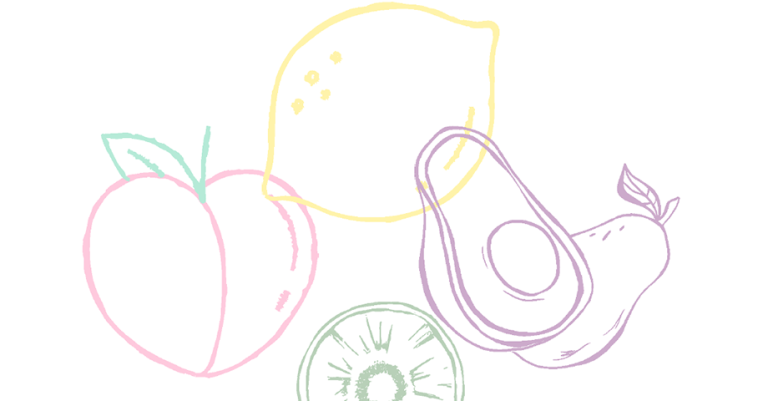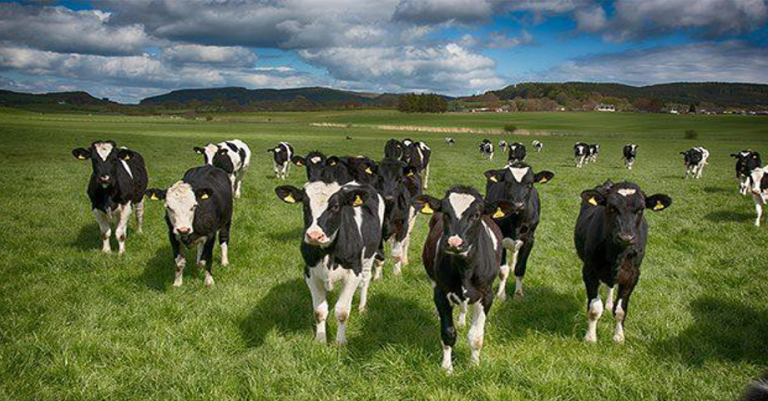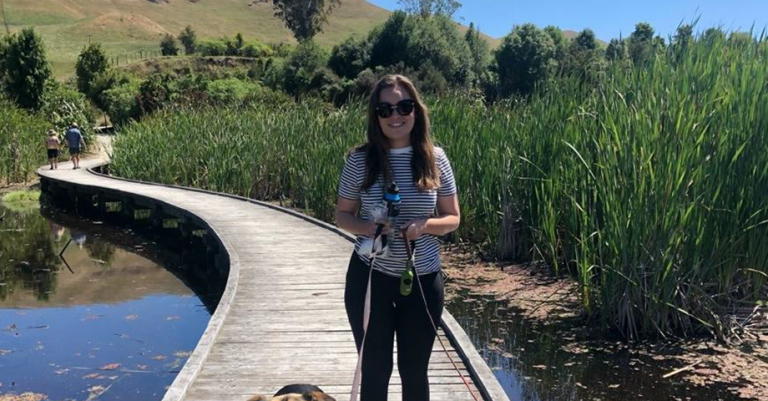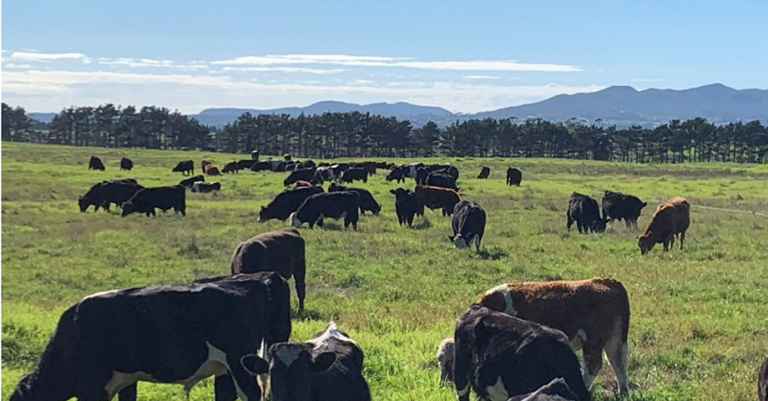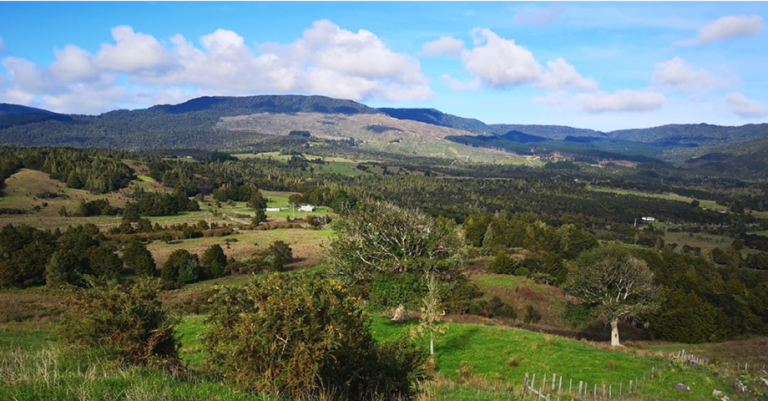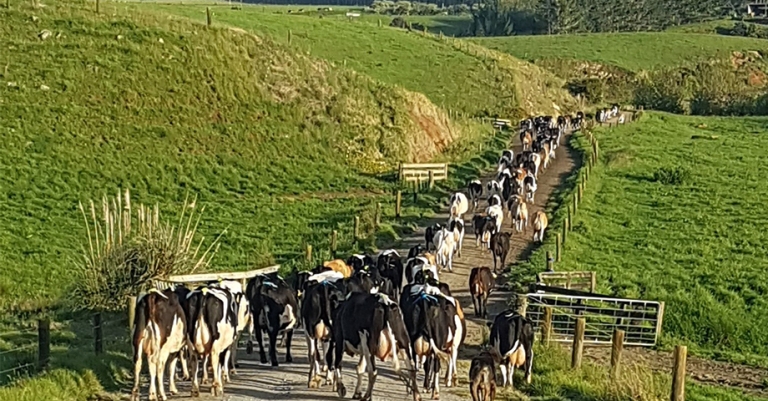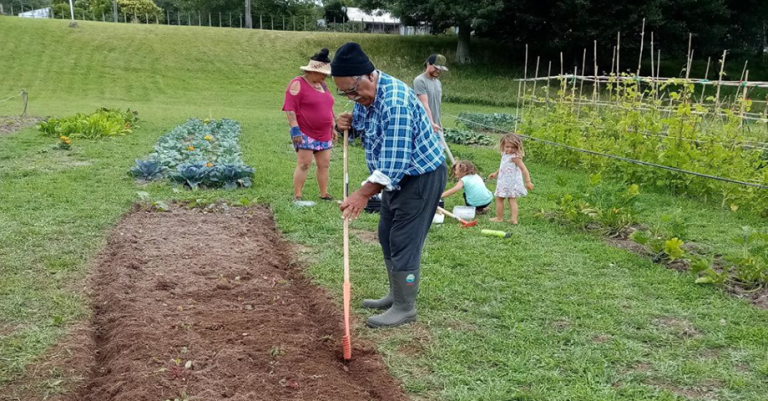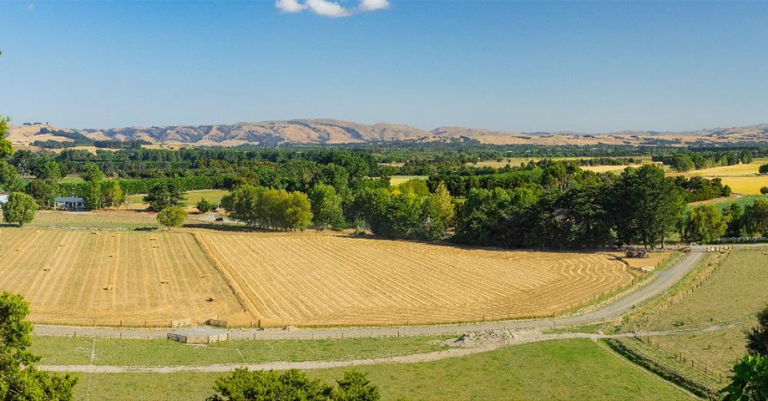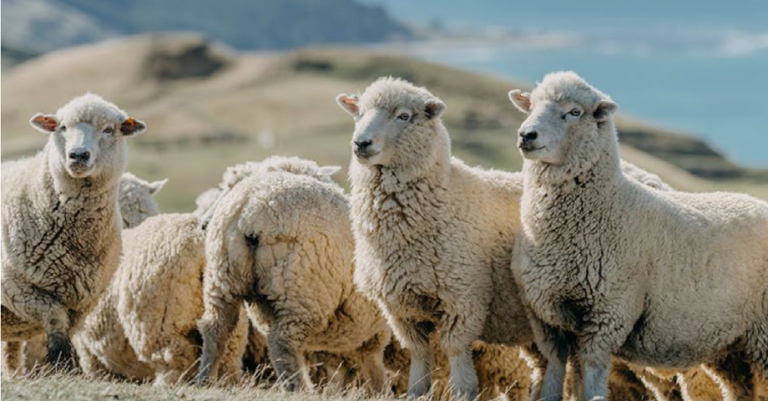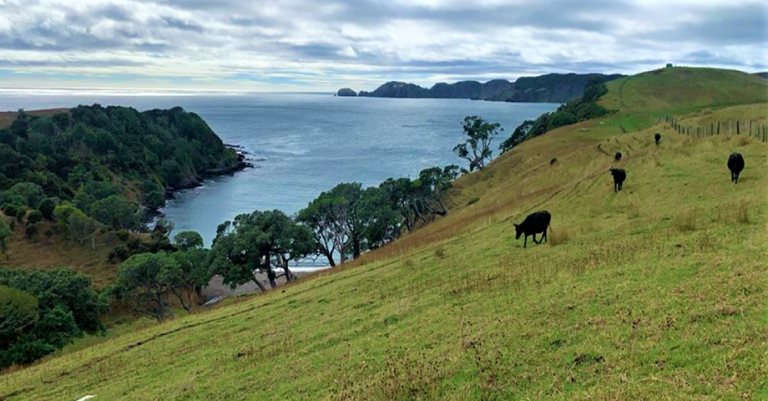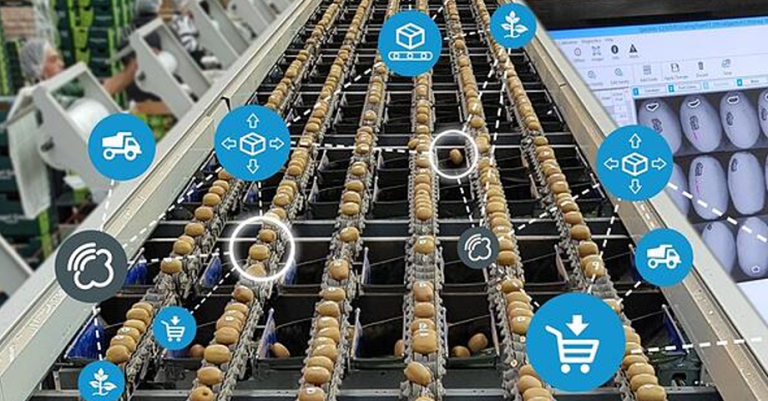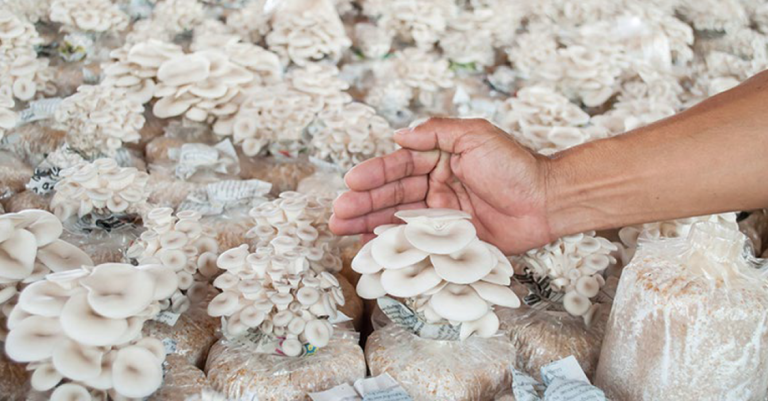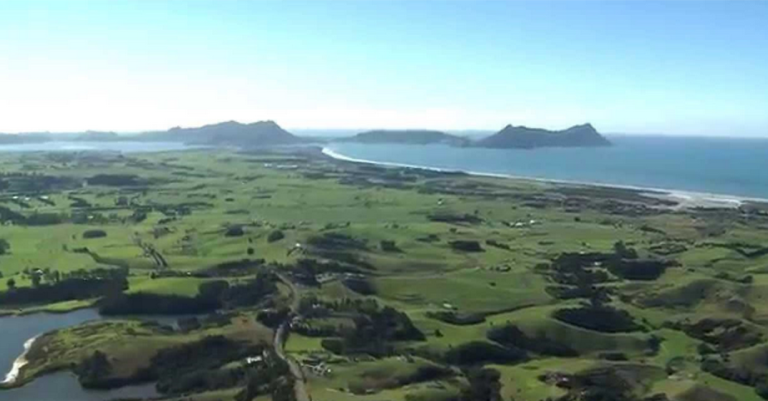This project explores the evolving landscape of Northland hill country farming, highlighting the current position of Northland hill country sheep and beef farming, the significant uptake of forestry competing with the sheep and beef industry for land-use on these hills, and the opportunity for integration of these industries to collaborate in meeting both our environmental, economic, and socio-economic objectives. The implication for landowners, is that the decisions we make today, will not only initiate short-term change, but may also present long-term and inter-generational implications that necessitate a need for holistic and well-informed decision-making process’.
